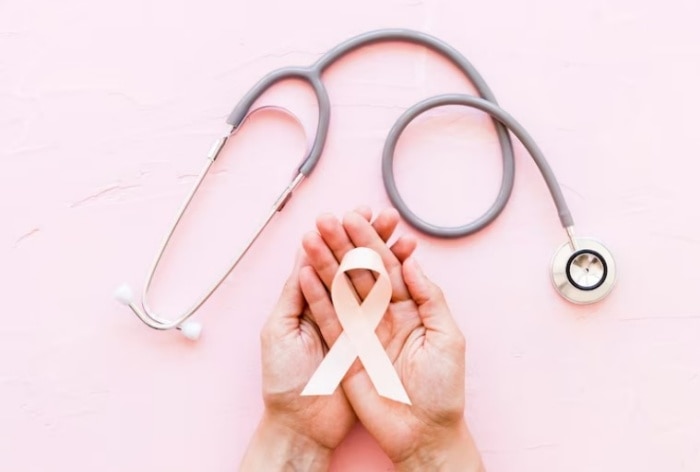Cancer is one of the common chronic illnesses that claim million of lives every year. Here is why it is paramount to get regular screening done for early detection.

Cancer is one of the leading causes of death across the globe. Every year millions of people die because of this chronic illness. Cancer is a chronic condition that can have a significant impact on an individual’s quality of life. While there is growing awareness about this public health problem, it is still mostly detected at advanced stages. People should become more vigilant towards the importance of screening and prevention one may take to lower the risk of developing it. In many cases, early detection and ongoing care can help manage the condition and improve the quality of life for the patient.
Early Detection of Cancer: The Importance of Regular Screenings
Regular cancer screenings are essential for detecting cancer early, which is key to effective cancer management. When cancer is caught early, it is typically easier to treat and has a better prognosis than advanced-stage cancer. For this reason, doctors recommend that individuals undergo regular cancer screenings, particularly if they are at high risk for developing cancer.
Some of the most common cancer screenings include mammograms for breast cancer, colonoscopies for colorectal cancer, and Pap tests for cervical cancer. However, depending on an individual’s age, gender, and other risk factors, additional screenings may be recommended.
4 Healthy Lifestyle Habits and Cancer Prevention
While regular screenings are essential for early detection, adopting healthy lifestyle habits can also help reduce the risk of developing cancer in the first place.
- A healthy diet rich in fruits, vegetables, whole grains, and lean protein can help reduce the risk of cancer. Regular exercise can also help reduce the risk of several types of cancer.
- Being overweight or obese increases the risk of several types of cancer, so maintaining a healthy weight is crucial.
- Additionally, smoking and excessive alcohol consumption are significant risk factors for several types of cancer, so avoiding these habits is crucial.
- Finally, protecting your skin from the sun’s harmful UV rays can help reduce the risk of skin cancer.
Ongoing Cancer Care: The Importance of Follow-up Appointments
Even after a cancer diagnosis, ongoing care is crucial to managing the condition effectively. Follow-up appointments with doctors and other healthcare providers can help ensure that the cancer is being managed appropriately and that any side effects of treatment are being addressed. Ongoing cancer care may include regular check-ups, blood tests, imaging studies, and other diagnostic tests to monitor the cancer’s progress. If you are someone who are at a risk for developing cancer, it’s important to connect with a healthcare provider about screening options and ways to reduce the risk of cancer through healthy lifestyle habits.
(- inputs from Dr Mandeep Singh Malhotra, Director- Surgical Oncology, CK Birla Hospital (R), Delhi)
Stay connected with us on social media platform for instant update click here to join our Twitter, & Facebook
We are now on Telegram. Click here to join our channel (@TechiUpdate) and stay updated with the latest Technology headlines.
For all the latest Lifestyle News Click Here
